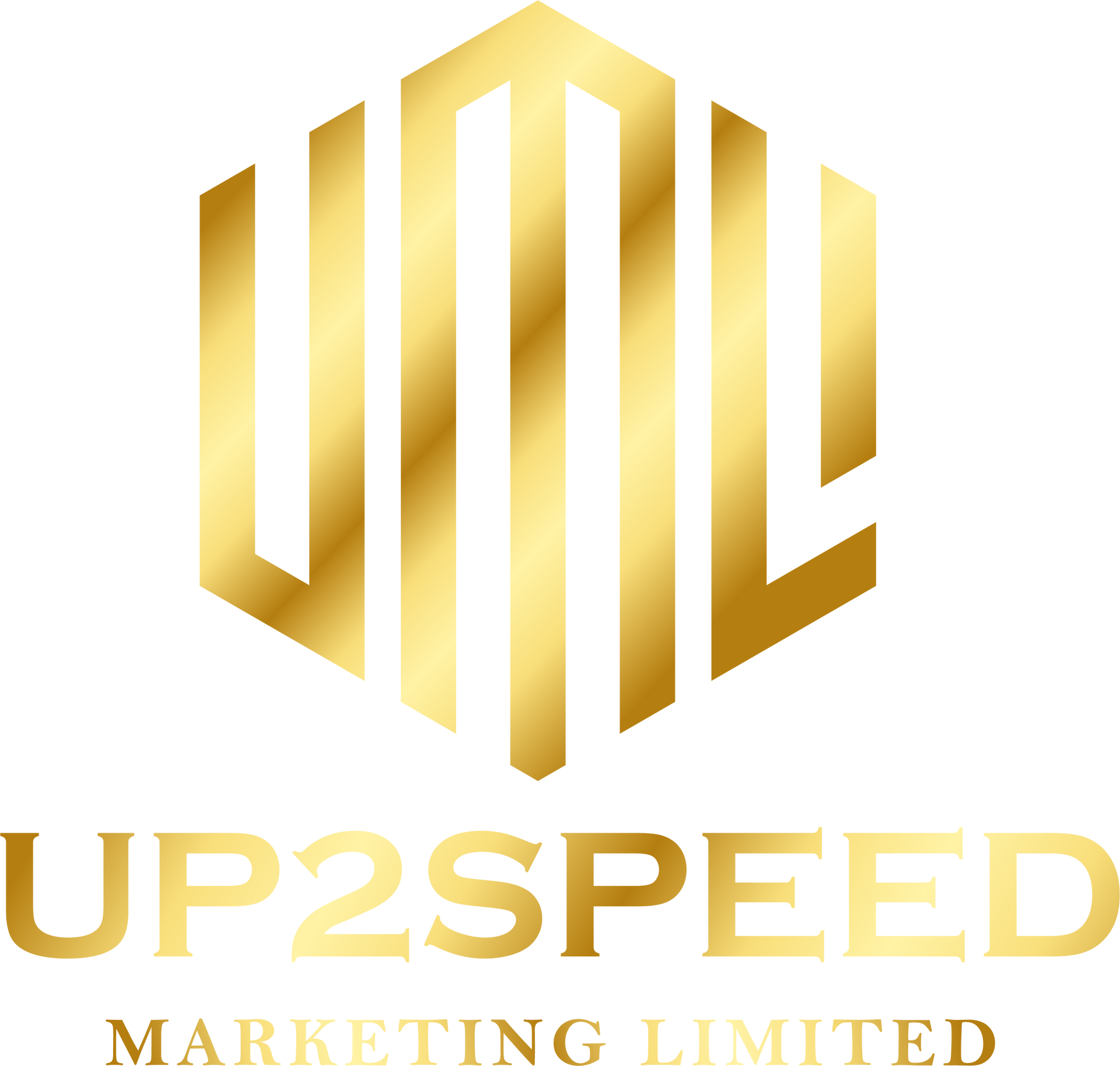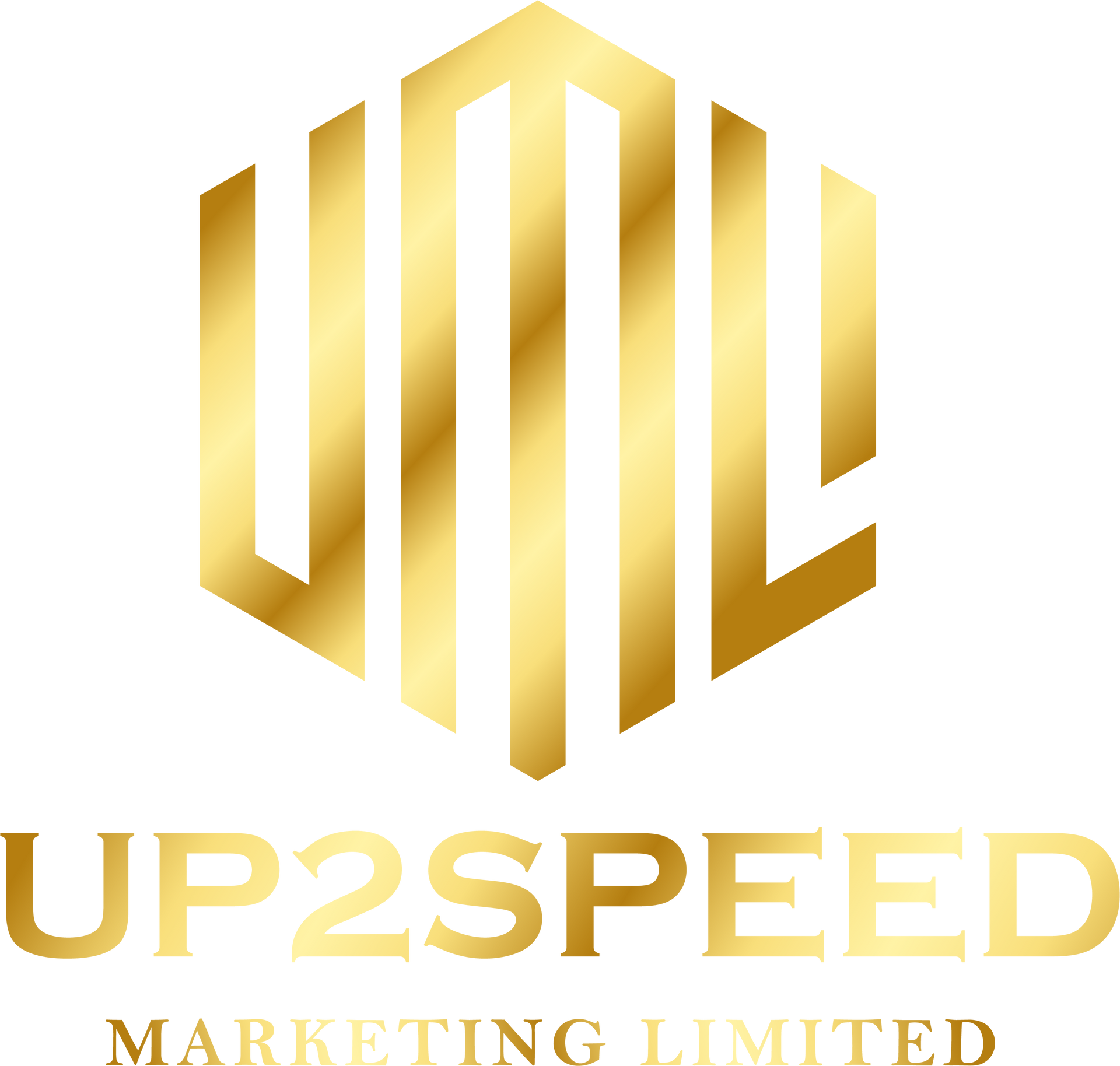SEO vs PPC ?
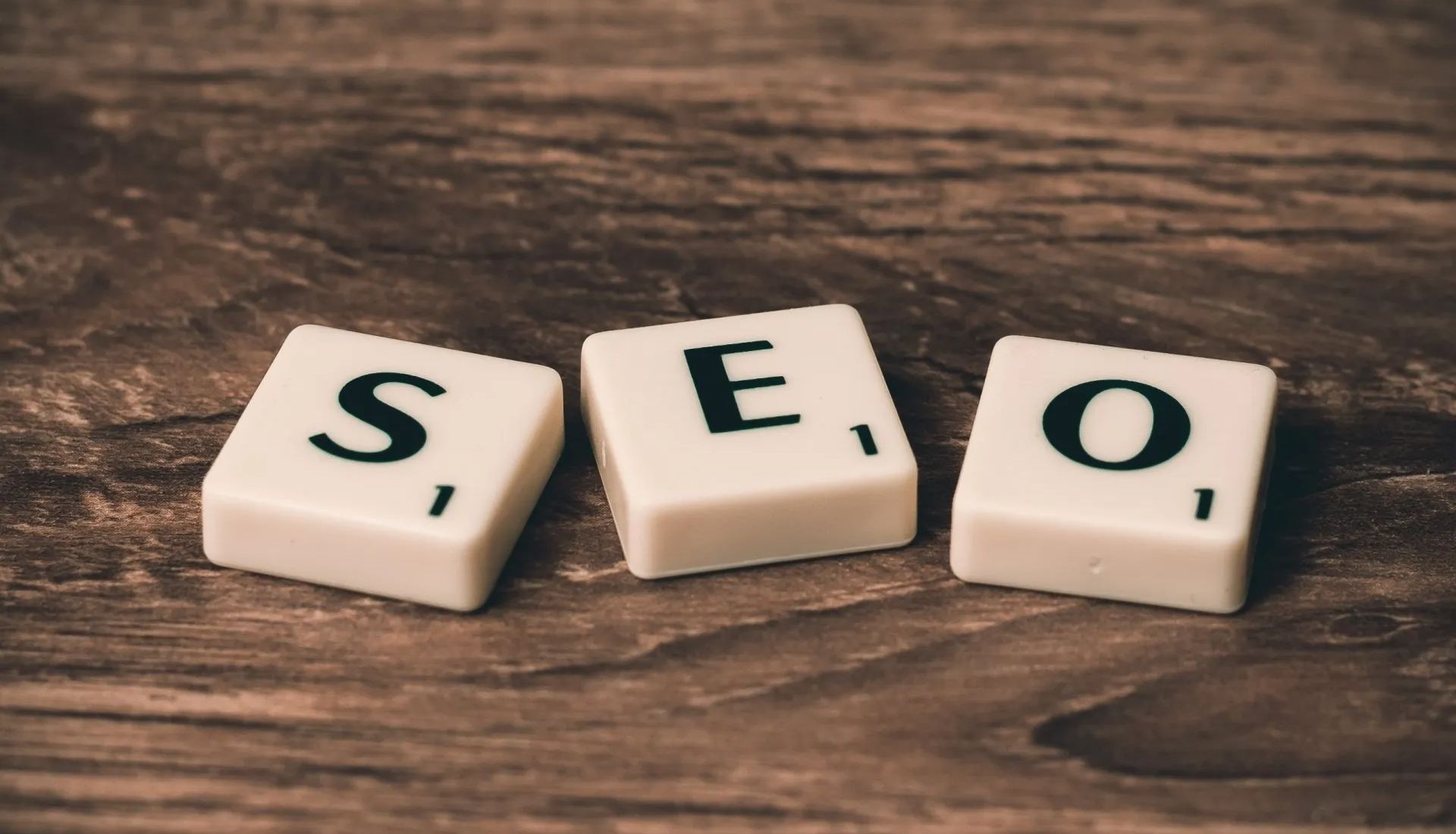
Vs
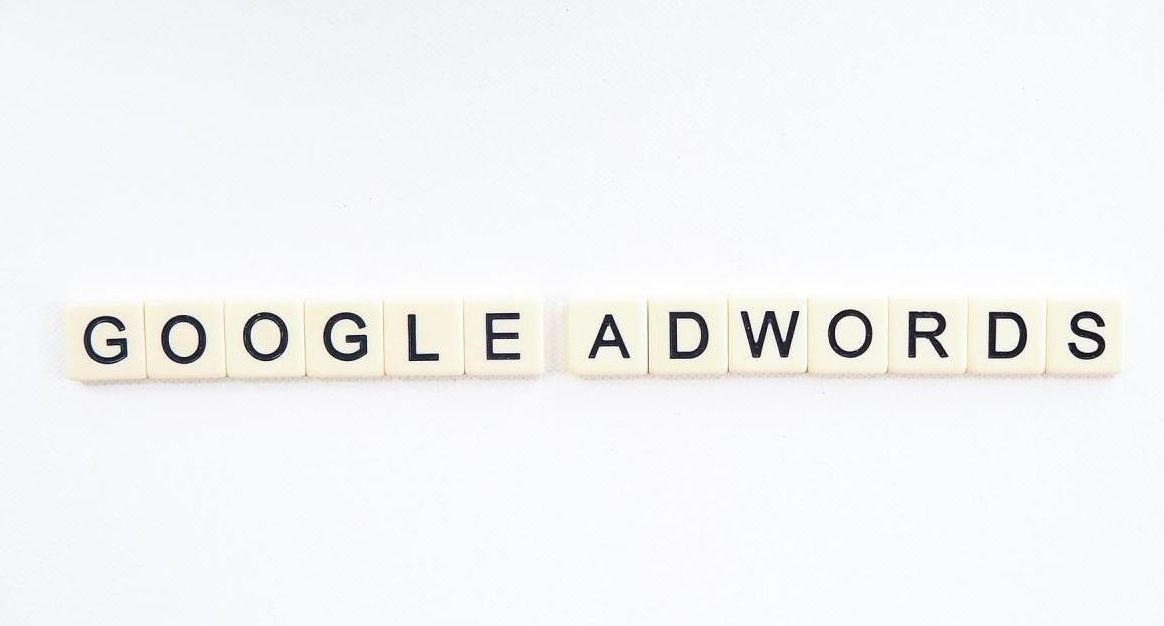
SEO (Search Engine Optimisation) and PPC (Pay-Per-Click) are two different digital marketing strategies used to increase online visibility and drive traffic to websites.
SEO involves optimising a website's content, structure, and technical elements to improve its visibility in search engine results organically. It focuses on creating high-quality, relevant content, optimising website architecture and meta tags, and building authoritative back links. SEO is a long-term strategy that requires ongoing efforts and can take time to see results, but it can provide sustained organic traffic if done correctly.
On the other hand, PPC is a paid advertising model where businesses bid for ad placements on search engine results pages (SERPs) or other online platforms, and pay only when users click on their ads. PPC allows businesses to create highly targeted ads & drive traffic to their websites immediately.
Popular PPC platforms include Google Ads, Bing Ads, and social media advertising platforms like Facebook Ads and Instagram Ads.
Both SEO and PPC have their pros and cons, and the choice between the two depends on various factors such as budget, goals, timeline, and competition. Here are some key points to consider:
- Cost: SEO is typically a long-term investment that requires ongoing efforts and may take time to see results. PPC, on the other hand, can provide instant visibility but requires ongoing budget allocation for ad spend.
- Organic vs. Paid Traffic: SEO focuses on organic traffic, which is free but requires effort and time. PPC, on the other hand, drives paid traffic that stops when the ad campaign ends or budget runs out.
- Click-through Rates (CTR): PPC tends to have higher CTRs as ads are displayed prominently on the top of SERPs, while SEO results are ranked below ads and may have lower CTRs.
- Competition: SEO can be more competitive, as businesses compete for organic rankings based on factors like content quality, website authority, and back links. PPC competition depends on bidding, and higher bids may be required for competitive keywords.
- Long-term vs. Short-term Strategy: SEO is a long-term strategy that can provide sustained organic traffic over time. PPC is a short-term strategy that can quickly drive traffic but stops when the campaign ends or budget runs out.
- Flexibility and Control: PPC provides more control over ad placements, ad copy, and targeting options, while SEO is subject to search engine algorithms and may require more time and effort to make changes.
In summary, SEO and PPC are different digital marketing strategies with their own strengths and weaknesses. SEO is a long-term investment that focuses on organic traffic, while PPC provides instant visibility with paid ads. The choice between SEO and PPC depends on various factors, including budget, goals, timeline, competition, and marketing objectives. Many businesses often use a combination of SEO and PPC to maximise their online visibility and drive targeted traffic to their websites.
If you’re not getting the results you expect from your online marketing or would just like a chat about how to increase your traffic online give us a call on 01709 285465 or contact us today.


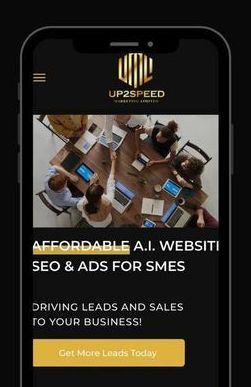
LOCATION
Cen2ury Business Centre
Dearne Lane
Manvers
Rotherham
S63 5DP
Copyright © 2025 | All Rights Reserved | UP2SPEED MARKETING LIMITED | Registered in England No. 14355322 | Privacy Policy | Terms and Conditions
Website Designed By Up2Speed Marketing Ltd
